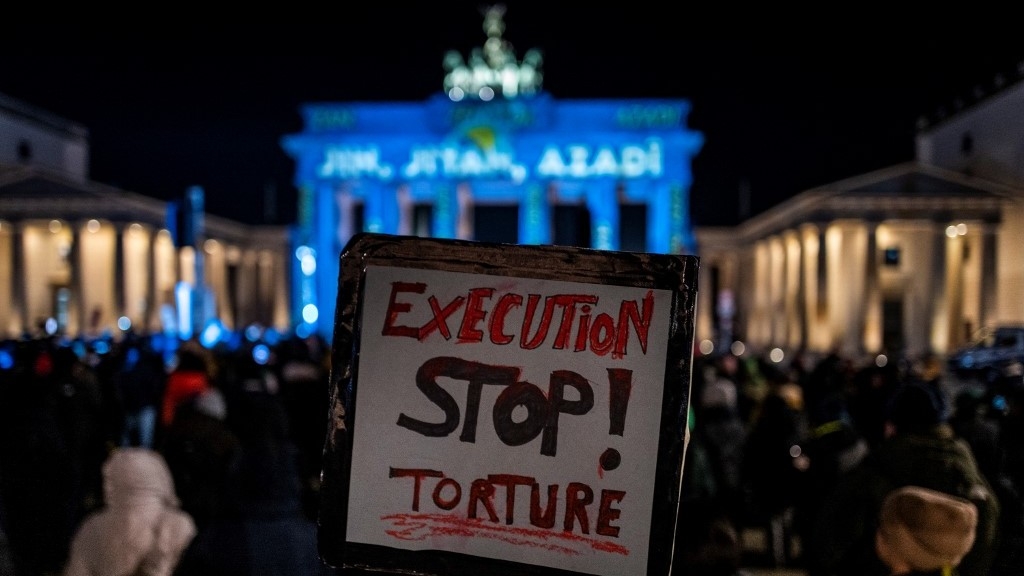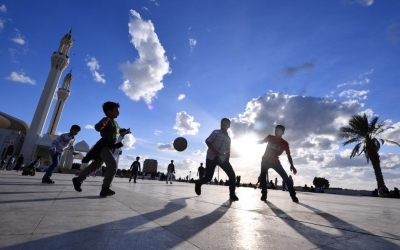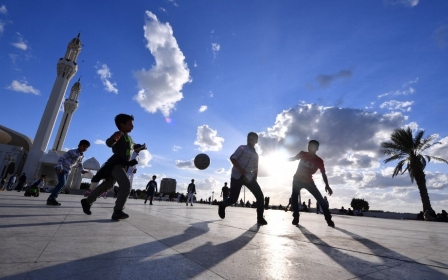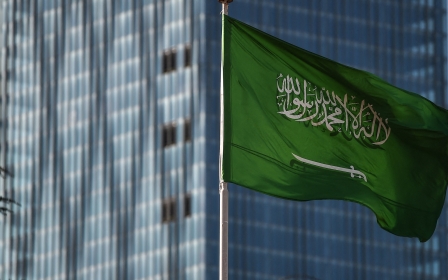Middle East and North Africa led rise in recorded executions in 2022, Amnesty says

In 2022, 883 people were recorded to have been executed across 20 countries - mostly in the Middle East and North Africa - reaching the highest number of executions in five years, a report by Amnesty International says.
Compared to 2021, the number of executions increased by over 53 percent in 2022. According to the report released on Tuesday, the spike in executions does not include the thousands of people believed to have been executed in China last year.
“Countries in the Middle East and North Africa region violated international law as they ramped up executions in 2022, revealing a callous disregard for human life,” Agnes Callamard, the secretary general at Amnesty International said.
“The number of individuals deprived of their lives rose dramatically across the region; Saudi Arabia executed a staggering 81 people in a single day. Most recently, in a desperate attempt to end the popular uprising, Iran executed people simply for exercising their right to protest.”
The executions were led by countries in the Middle East and North Africa, where recorded figures rose from 520 in 2021 to 825 in 2022.
Nearly 90 percent of the recorded executions outside China were carried out by just three countries in the region.
In Iran, recorded executions went from 314 in 2021 to 576 in 2022. In Saudi Arabia, the numbers tripled from 65 executions in 2021 to 196 in 2022. Egypt carried out the executions of 24 individuals in 2022.
According to the report, the number of people executed for drug-related offences more than doubled in 2022 compared to the previous year. These executions were recorded in China, Saudi Arabia, Iran - which had 255 - and Singapore. They amounted to 37 percent of total executions recorded globally.
“Drug-related executions are in violation of international human rights law which states that executions should only be carried out for the ‘most serious crimes’ - crimes that involve intentional killing,” the report said.
Saudi Arabia's wave of executions
In 2022, UN experts called on Saudi Arabia to immediately halt executions for drug offences.
The call came after Saudi Arabia carried out a wave of executions of inmates jailed on drugs offences, with 20 people put to death in one month, including 12 foreigners, rights groups reported.
In 2018, Saudi Arabia introduced the Juvenile Law, which essentially eliminates the death penalty for minors.
However, the government carved out exceptions to the law which made it clear the Juvenile Law as a whole does not apply in certain circumstances.
In April 2020, Saudi Arabia introduced a royal decree allowing the law’s provisions to be applied retrospectively.
But the kingdom has still upheld the death penalty in a number of cases involving minors.
Earlier this month, the family of a Saudi teenager pleaded with the US to intervene ahead of a possible execution over a crime the young man allegedly committed when he was a minor.
Abdullah al-Darazi has been facing the death penalty since 2018, after being arrested in 2014 in relation to his participation in protests in Saudi Arabia's al-Qatif governorate against the kingdom's treatment of Shia citizens there.
Darazi and another man, Youssef al-Manasif, were allegedly tortured, subjected to solitary confinement, forced to sign confessions, held incommunicado, and denied proper access to legal counsel.
Middle East Eye propose une couverture et une analyse indépendantes et incomparables du Moyen-Orient, de l’Afrique du Nord et d’autres régions du monde. Pour en savoir plus sur la reprise de ce contenu et les frais qui s’appliquent, veuillez remplir ce formulaire [en anglais]. Pour en savoir plus sur MEE, cliquez ici [en anglais].





